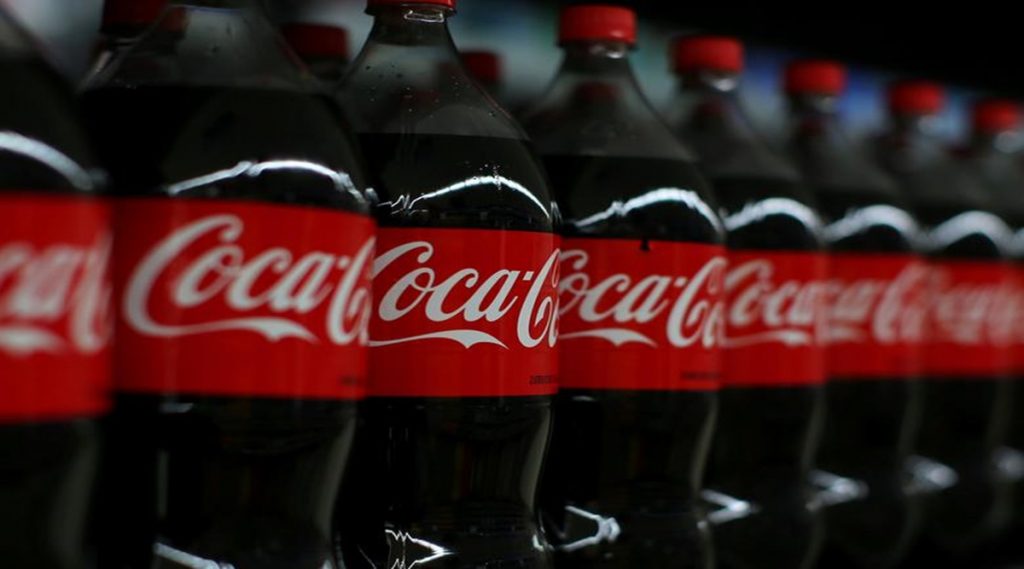The company's 'World Without Waste' project intends to collect and recycle every bottle or can it sells throughout the world by 2030.

As part of its 'World Without Waste effort,' the Coca-Cola Company announced on Monday that its India company hopes to achieve 100% recovery and recycling of post-consumer packaging, mostly bottles and cans, in the next 2-3 years.
The company's 'World Without Waste' effort is a global initiative in which it wants to collect and recycle every bottle or can it sells by 2030.
One of Coca-Cola Company's three ESG (Environmental, Sustainability, and Governance) initiatives is recycling post-consumer packaging. The other two are concerned with water and agriculture sustainability.
Devyani Rajya Laxmi Rana, Vice President of Public Affairs, Communications, and Sustainability at Coca-Cola India said the company's focus is on the bottle and can recovery and recycling, rather than Multi-Layer Plastic (MLP).
MLP, a form of plastic used in the packaging of foods including chips, cookies, chocolates, and other snacks, is the most difficult to recycle, according to her.
Coca-Cola India Director (CSR and Sustainability for India and South-West Asia) Rajesh Ayapilla said, “About 62,825 tonnes of post-consumer packaging was recovered in 2020. We refilled or helped recover 36 per cent of bottles and cans, equivalent to what we introduced into the marketplace in India.” The company is focusing on the whole packaging lifecycle, from how bottles and cans are designed and made to how they are recycled and repurposed, by focusing on three key goals: design, collect, and partner.
According to him, the firm is making packaging more sustainable through design, which includes rethinking lightweight packaging, maximising recycled material, and developing creative packaging.
Ayapilla further stated that the company, in collaboration with its partners, is trying to build sustainable, community-led programmes for integrated plastic waste management and to encourage effective recycling in India.
According to him, the firm is encouraging trash separation at the source, simplifying collection procedures, and assisting in the development of infrastructure for recycling post-consumer packaging into value-added goods.
He said the company has collaborated with several organisations, including Saahas, Chintan, American India Foundation, Mahila Sewa Trust (SEWA), and Hasiru Dala Foundations. This was done to establish self-sustaining waste management infrastructure and models, raise citizenship awareness and movements and improve the livelihoods of waste workers and women workers involved in the programmes by providing social security and labour dignity.
"We want to achieve 100% collection of bottles and cans for recycling in the next 2-3 years" with these efforts, Ayapilla added. That is the goal we have set for ourselves. By 2020, we would have reached 36%."







